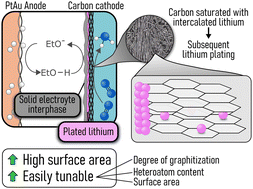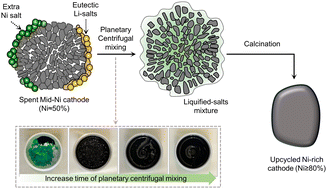STAT+: Pharmalittle: We’re reading about a Lilly deal, a gene therapy shock for Duchenne families, and more
In today's Pharmalittle roundup, we're reading about a Lilly deal, a gene therapy shock for Duchenne families, and more.

Top of the morning to you. Unfortunately, soggy gray skies are enveloping the placid Pharmalot campus, but our spirits remain decidedly sunny, nonetheless. Why? We will trot out a bit of wisdom from the dearly departed Morning Mayor, who taught us that “every new day should be unwrapped like a precious gift.” While you tug on the ribbon, we will fire up the antiquated coffee kettle to brew another cup of stimulation. Please feel free to join us. Remember, a prescription is not required, so no need to worry about rebates or copayments or all those other under-the-hood calculations that can make life challenging. Our choice today, by the way, is salted caramel, a veritable touch of the Jersey shore. Meanwhile, here are a few items of interest. Hope you have a smashing day and conquer the world. And of course, do keep in touch …
Eli Lilly will acquire Verve Therapeutics, a biotech developing gene-editing therapies for cardiovascular disease, for up to $1.3 billion, STAT notes. Flush with cash from its blockbuster GLP-1 drugs Mounjaro and Zepbound for diabetes and obesity, Lilly has been expanding its research in genetic medicines. The Verve deal is in many ways a natural move for Lilly, as it already had an agreement with the biotech that gave it the choice to jointly develop and commercialize Verve’s lead candidate, a gene therapy aimed at lowering cholesterol. Verve recently reported initial Phase 1 trial data showing that its lead candidate, called Verve-102, lowered cholesterol without inducing serious side effects. The therapy is designed to turn off the PCSK9 gene in the liver that’s involved in the regulation of cholesterol. Last year, Verve paused testing of an earlier version of the treatment after a patient experienced elevated liver enzymes and low platelet levels. The side effects were not thought to be related to the gene-editing component, but to the external coating of the therapy, called a lipid nanoparticle, or LNP. The company says that Verve-102 uses a different LNP developed on its own that it thinks will make treatment safer.
China is the second-most-popular country for obesity trials in recent years, behind the U.S. and ahead of Australia, STAT writes, citing a report from clinical research organization Novotech. Yet just 6% of Chinese people are considered obese, compared to 31% of Australians and 40% of Americans. That may make the Chinese market seem small. But China has nearly 1.4 billion citizens, and the number eligible for obesity drug trials and treatments is growing. The reality is that China is one of the most important geographic regions for the booming obesity market, thanks to its changing demographics, but also government incentives that have supercharged the native biotech industry and made it easier to run clinical trials. The rate of clinical trials in China also reflects a drive by regional companies to strike lucrative deals licensing drugs to Western companies or venture capital firms.






















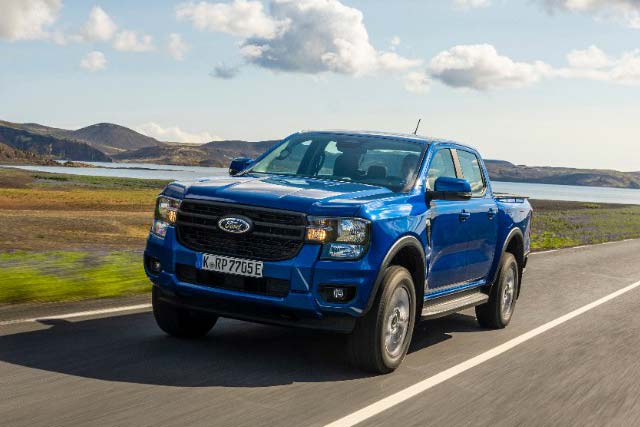

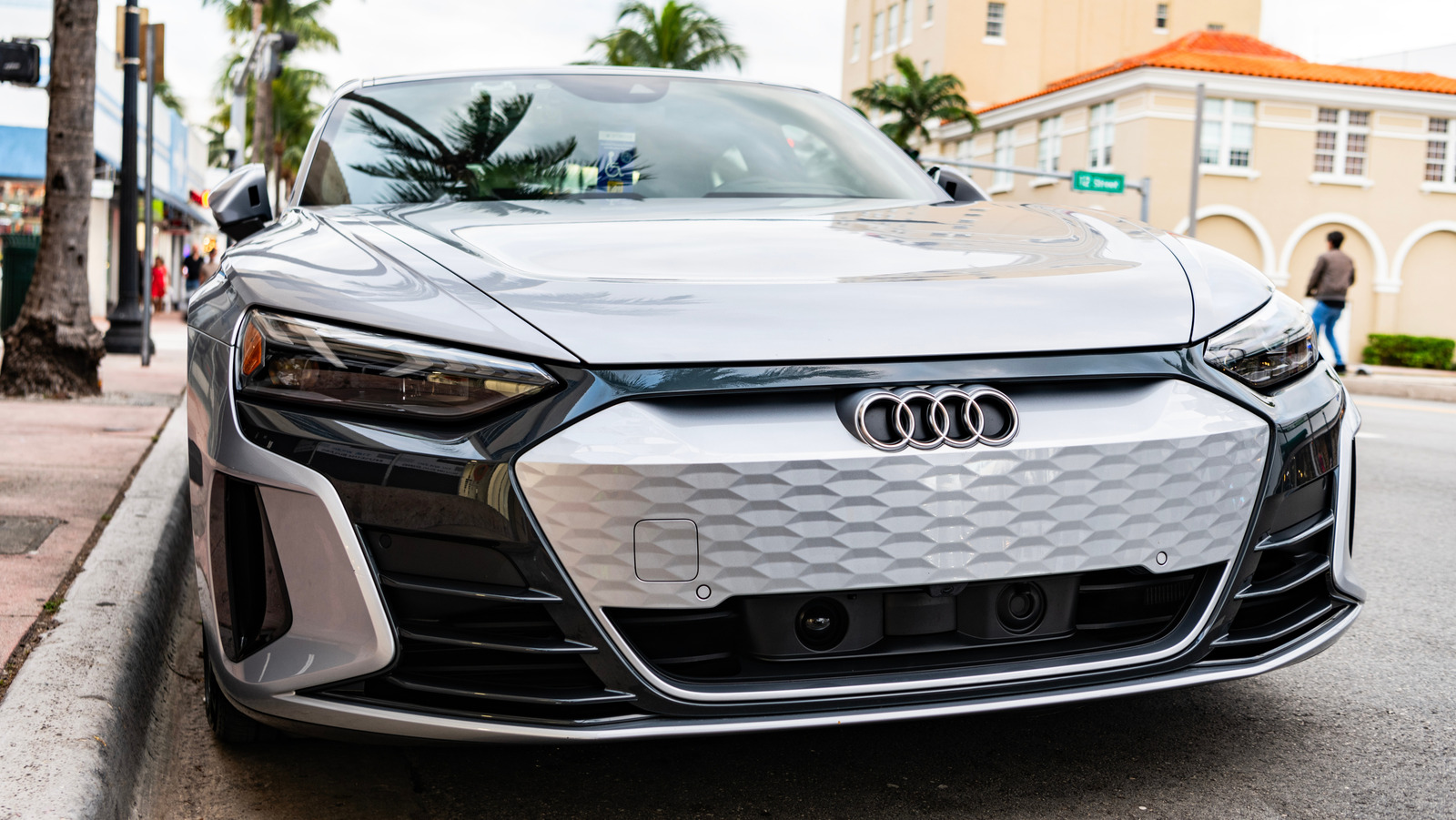















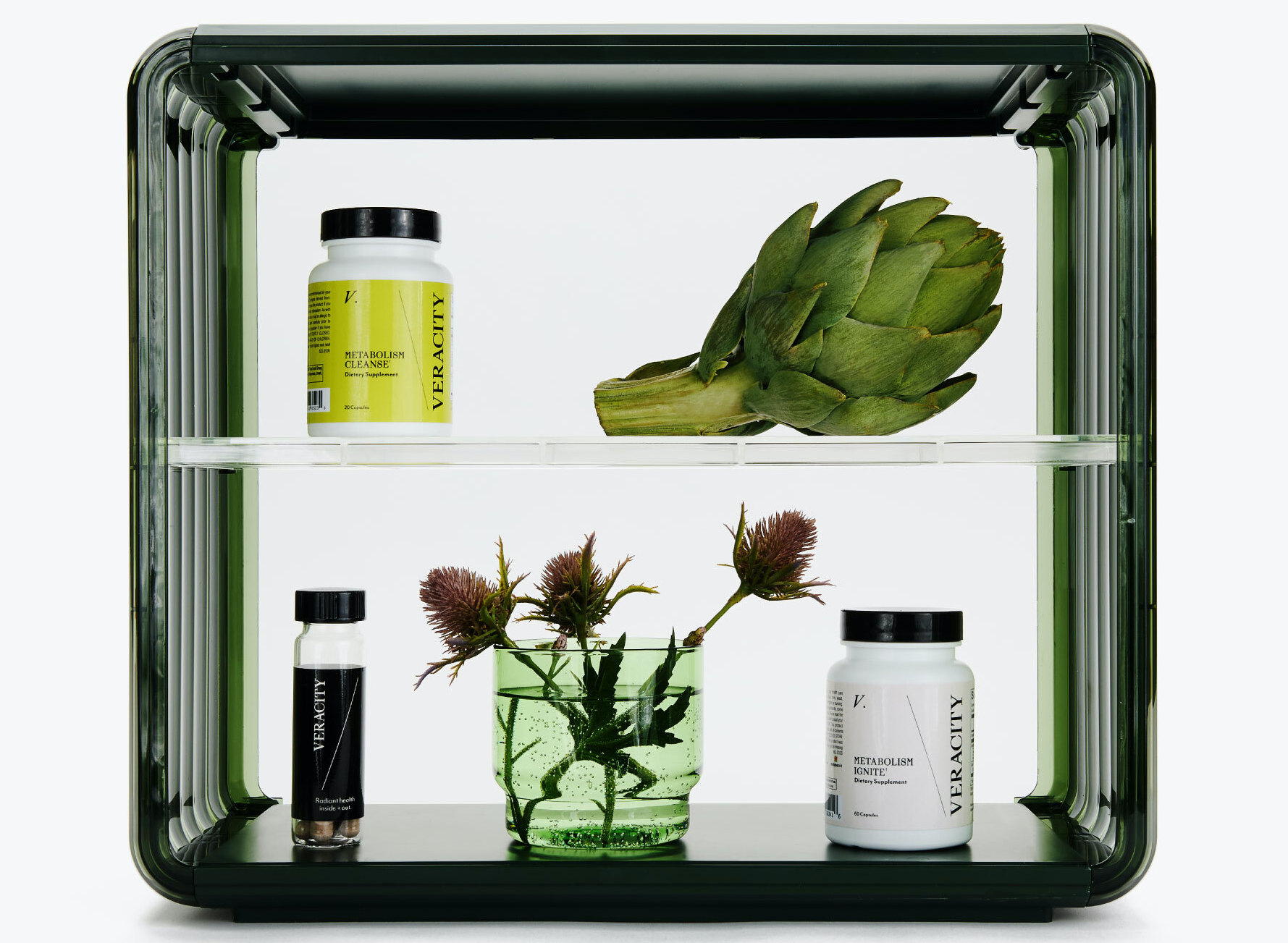
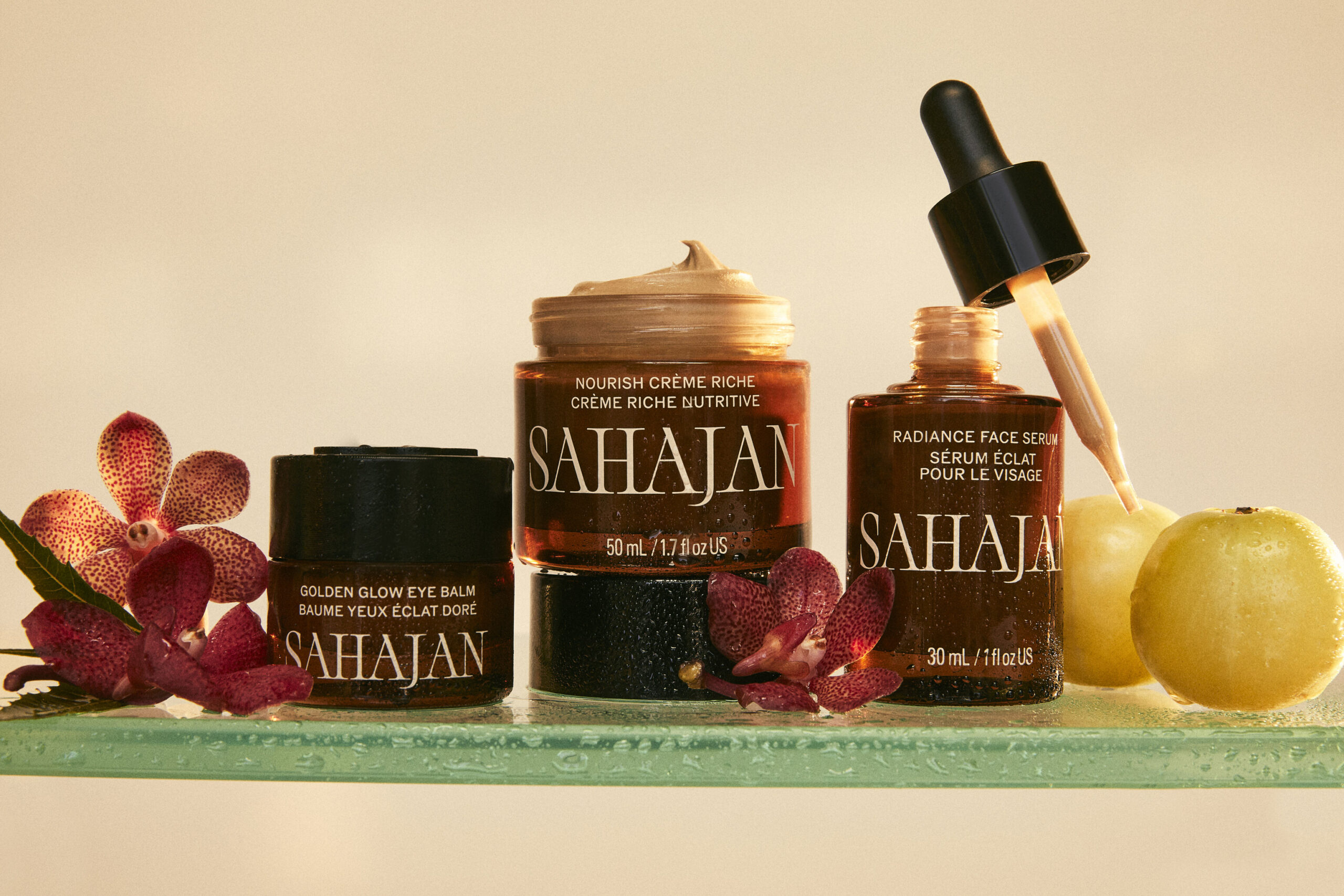
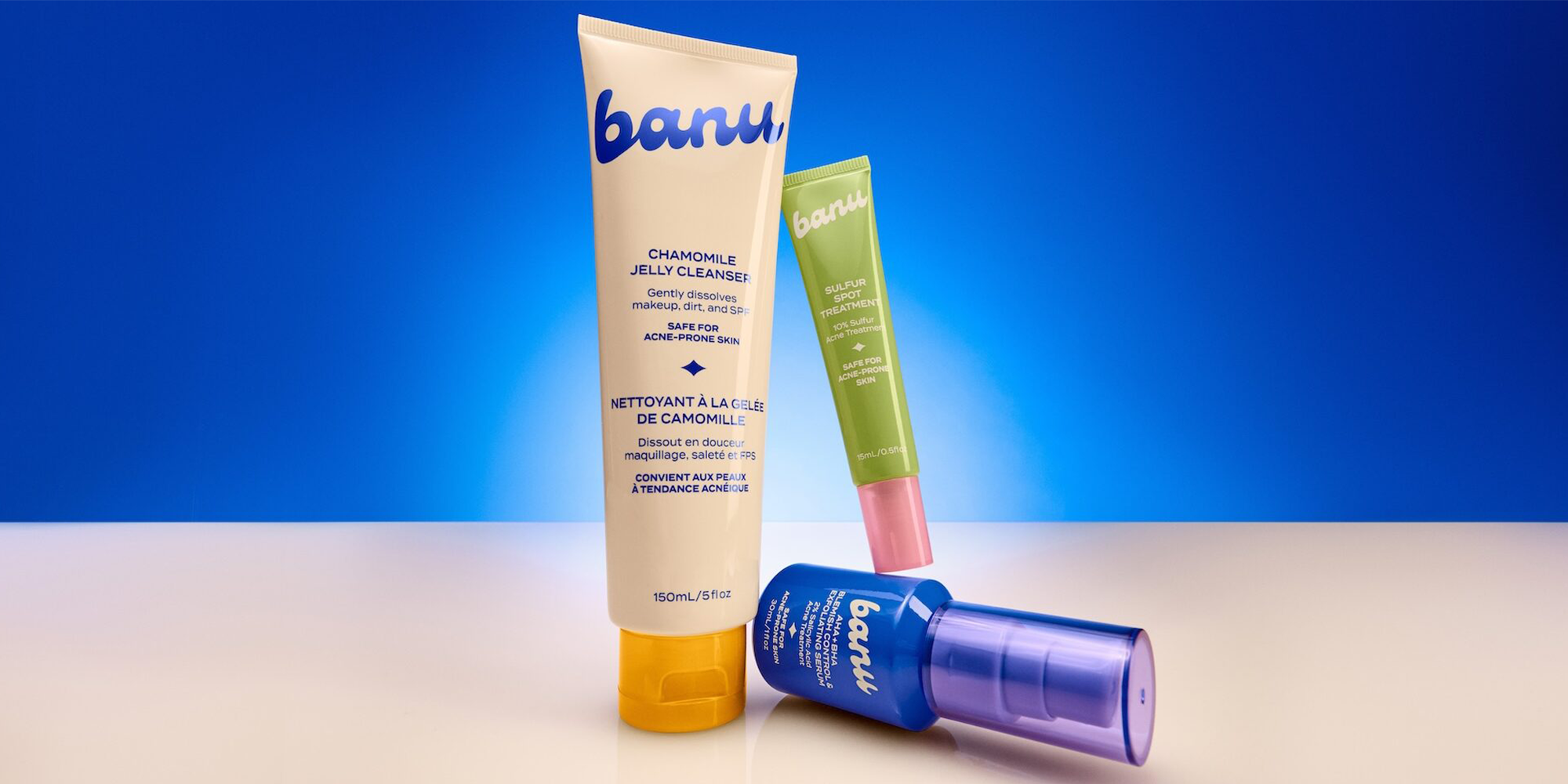



















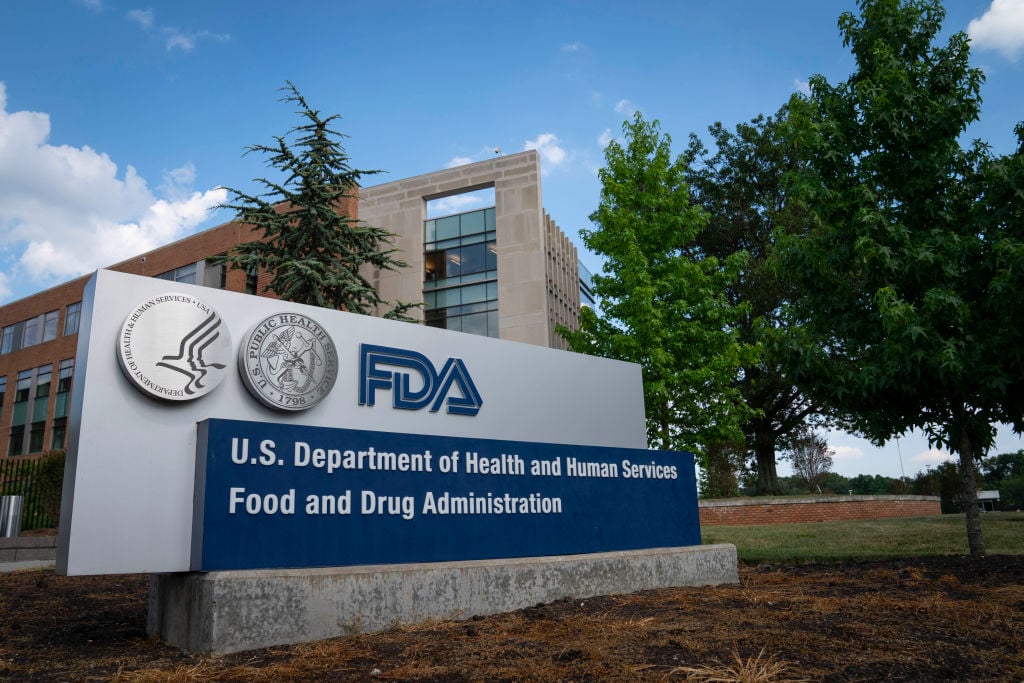



































![[Updated] U.S. Air Force Mobilizes F-22s and F-35s as Situation in Middle East Escalates](https://theaviationist.com/wp-content/uploads/2025/06/F-22_F-35_CENTCOM-top.jpg)

![[Updated] Sudden Deployment of Dozens of U.S. Air Force Tankers Raises Questions](https://theaviationist.com/wp-content/uploads/2025/03/Stratotanker100Years_2-e1750080240327.jpg)































